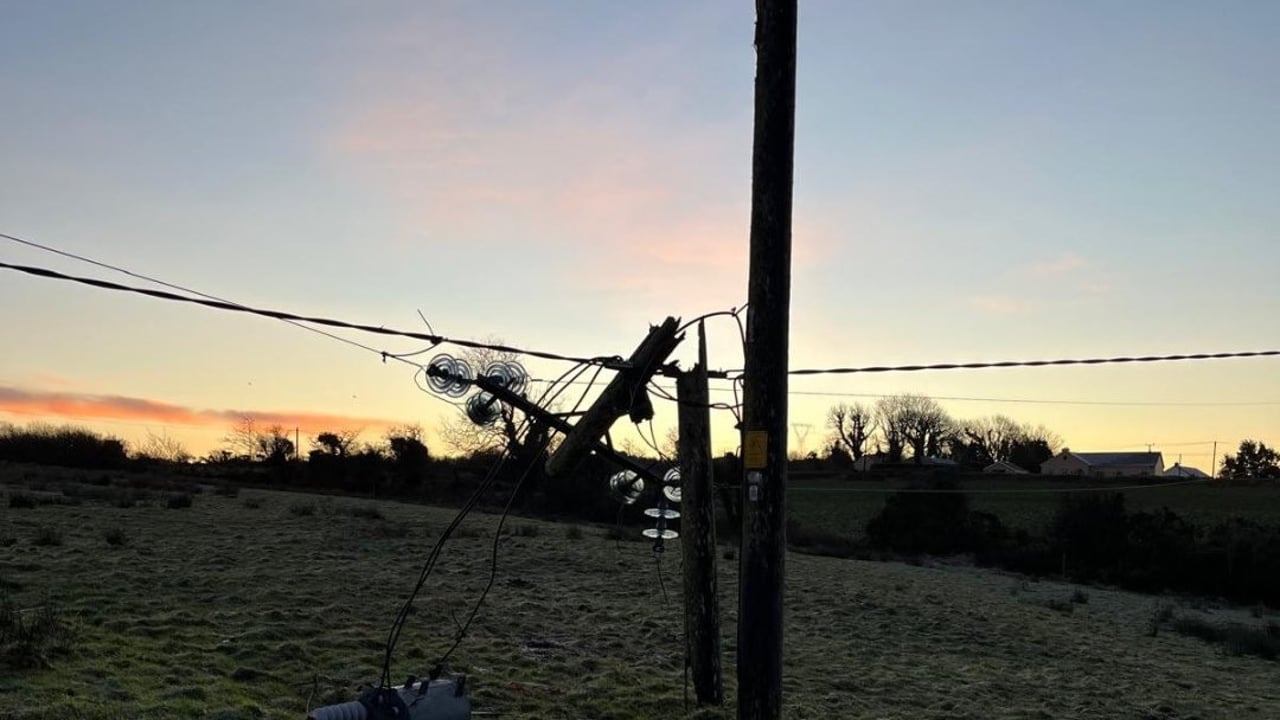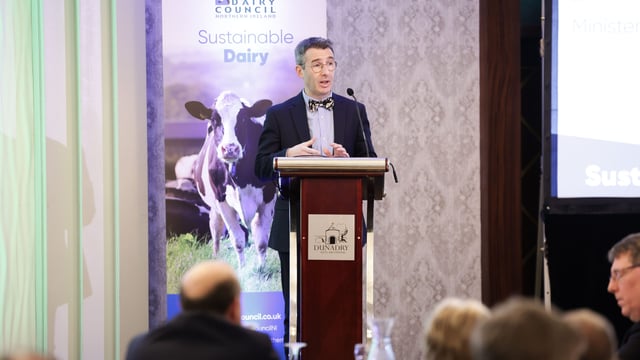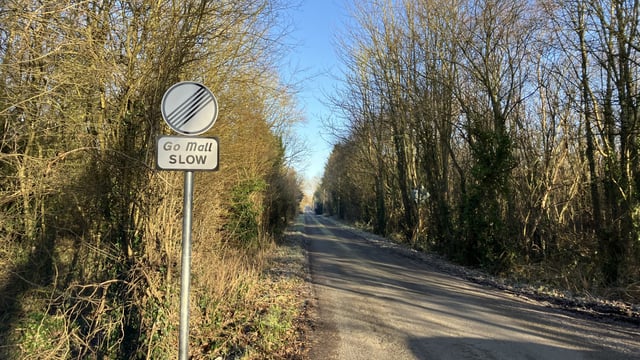7,000 customers remain without power two weeks on from storm
The National Emergency Co-ordination Group (NECG) met again today (Friday, February 7) as 7,000 customers remain without power supply two weeks on from Storm Éowyn.
Power has been restored to 761,000 homes, farms, schools, and businesses with work ongoing, and in areas with the largest number of faults, customers have been told that they may see their estimated restoration times change over the coming days.
Customers have also been warned that they may experience some short disruptions to power are being reconnected to allow neighbours to safely have their electricity restored.
Today’s NECG meeting follows meetings Taoiseach Micheál Martin held yesterday afternoon with ESB Networks and Uisce Éireann.
The Taoiseach emphasised the need to review the impact this unprecedented storm has had on electricity and water services and to put a "very strong" focus on "preparedness".
The NECG is again emphasising the importance of safety as the storm clean up continues and has warned members of the public to never approach fallen wires. Any damage to to electricity infrastructure should be reported to the ESB immediately.
Nearly all customers have now had their water supply restored since the storm. Uisce Éireann teams will continue their efforts to restore supply to any remaining areas, as well as carrying out business-as-usual repair and maintenance works on the network.
Several large-capacity generators have been provided by Poland and Denmark, following a request under the EU Civil Protection Mechanism.
The generators are being deployed to support ESB Networks, Uisce Éireann and telecommunications operators to bring power, water, phone and broadband services back to homes, schools and businesses.
The estimated effect of Storm Éowyn on the national telecoms userbase was the largest in Comreg’s recording history. As of 10:00a.m today, 0.46% of fixed service users remain without services and 1.28% of mobile service users are experiencing some level of degradation.
Operators of fixed line services have indicated that it may still take a number of weeks to fully restore their services due to the significant damage caused.
Local Coordination Groups are now remain in place in 11 local authority areas and a key focus is on ensuring the welfare of isolated people and those most impacted by the loss of power, water and other services.











